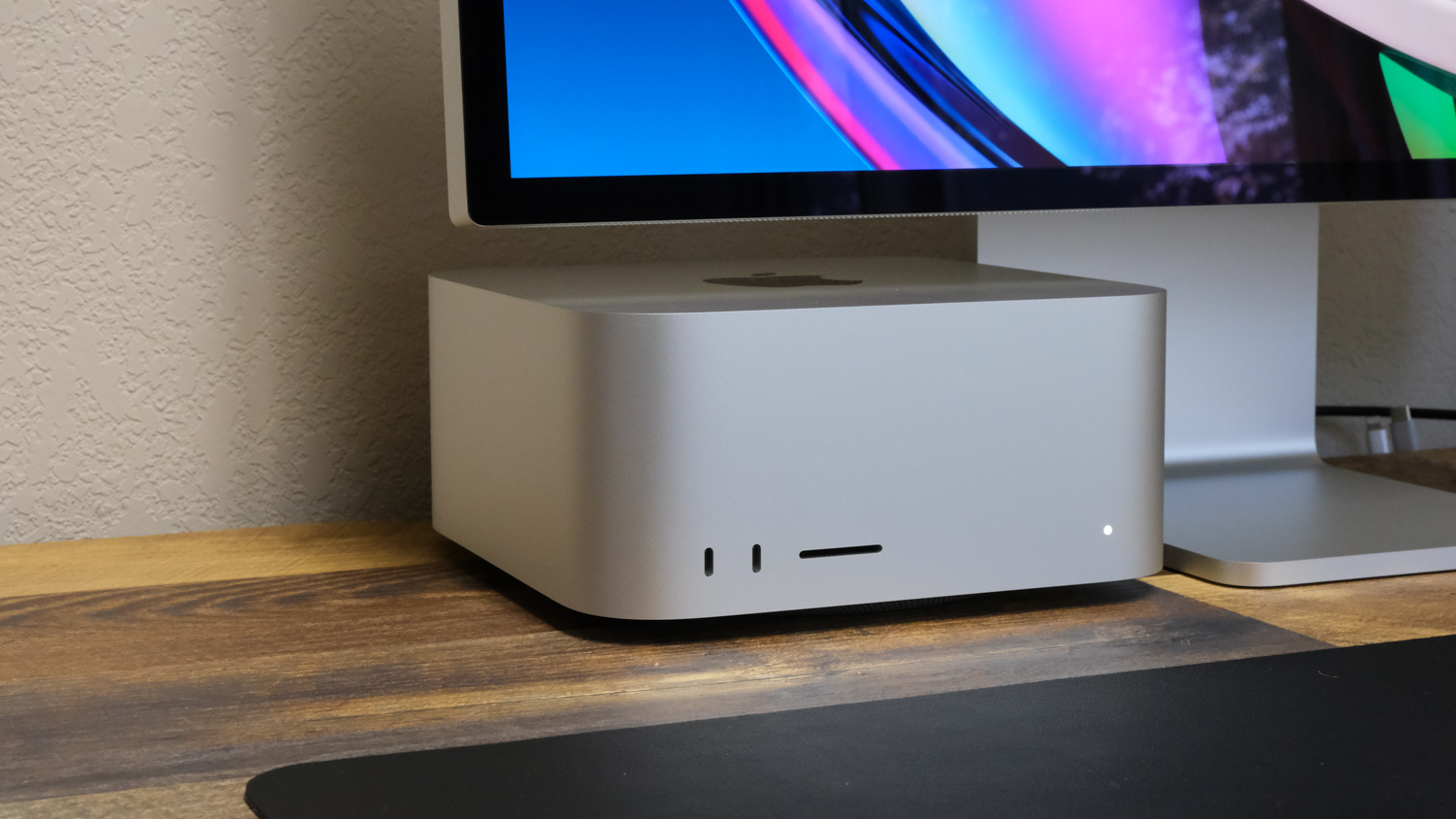Buying a Home Generator? Here’s What You Need to Know
A Beginner’s Guide to Buying a Home Generator – What You Need to Know Before You Buy
Are you considering buying a home generator to ensure you are prepared for emergencies? Having a home generator can be a great way to have peace of mind that you’ll have power when the grid goes down.
Before you make your purchase, it’s essential to educate yourself on the different types of generators available, what size you need, and how much they will cost.
This beginner’s guide to buying a home generator will walk you through the essential steps before buying. We’ll discuss the different types of generators, explain how to calculate the size you need, and provide tips on how to get the best deal on your purchase.
With the correct information, you can make an informed decision that will give your family reliable power during any emergency.
What Is A Home Generator?
A home generator is a device that produces electricity. These machines are designed for residential use when there isn’t an existing electricity supply. For example, home generators are typically used when a natural disaster or power outage disrupts the flow of power to the area.
Generator models include both gas-powered and solar-powered models. When you don’t have access to power from the grid, a generator can be used to power your home and keep it running during a power outage.
Most people choose to install a home generator because they want to be prepared for any emergency that might disrupt electricity in their area.
These situations include Natural disasters like earthquakes, wildfires, floods, or hurricanes, Electrical grid issues that may lead to a power outage, and any condition that disrupts the flow of electricity to a home.
With a home generator, you won’t miss out on watching your favorite series or match. In addition, many online sites, such as https://parimatch.co.tz , offer several exciting ways to watch and bet on sports, including cricket and football.
Different types of home generators
A combination of gas and solar energy powers home generators. Once the unit is connected to your home’s electrical system, it can provide power to your home during an outage. The type of generator you choose will depend on your needs and budget.
- Gas-powered – A gas-powered generator is an excellent choice for most homeowners. The fuel is easy to find at local gas stations and relatively inexpensive. However, you’ll need to ensure you have enough power to operate the generator for a sufficient amount of time.
- Solar-powered – A solar-powered generator uses solar panels to generate power. A solar-powered generator can be a great option if you live in a sunny climate. However, these models can be more expensive than other models.
How to calculate the size of the generator you need
Before you start shopping for a generator, you should know how many watts of power your home needs. To calculate the size you need, consider the following:
- Watts – The amount of energy your home uses (measured in watts) determines the size of the generator you need.
- Amps – To determine the number of amps your home needs, add the total number of watts all your appliances use.
- Volts – Your home’s voltage determines the generator you need. The correct generator size for your home will ensure that you have adequate power for all of your essential circuits.
If you purchase a too-small generator, it may not have enough power to provide adequate power to your home’s circuits. Likewise, if you buy a too large generator, it might not be able to manage the load properly and could trip the circuit breaker.
Where to buy a home generator
Before you make your purchase, you should decide where you want to buy your generator. There are two options you can choose from:
- Retail stores – Home Depot and Lowe’s typically offer a variety of generators and are a great place to start your search. However, you may find yourself overwhelmed by the selection, and unsure which model suits your needs.
- Online retailers – Online retailers like Amazon and eBay also have a wide selection of generators. As with the retailers listed above, you may be overwhelmed by the options and need guidance on which model is right for you.
When you shop online, you have the added benefit of reading reviews from other customers who have purchased the model you’re interested in. This can be a great way to learn about potential problems with the model and if there are any workarounds.
Tips for getting the best deal on a generator
When shopping for a generator, you’ll want to follow a few tips to get the best deal possible on your purchase:
- Know the difference between open-box and new generators
While it’s typically possible to return an open-box generator, most retailers won’t take it back if there is visible damage. You’ll have to decide if the savings outweigh the risk of receiving a damaged generator.
- Compare online prices with prices at your local hardware or home improvement store.
While online retailers typically have lower prices for generators, you can find excellent deals at your local store. You just have to research to determine which models they carry and the current price.
Maintenance and safety considerations
When you purchase a generator, it’s essential to maintain it regularly to ensure it operates properly. When you don’t use your generator regularly, you should perform maintenance once a year.
It includes checking the oil level, cleaning the air filter, and inspecting the fuel lines to ensure they aren’t clogged. You’ll also want to ensure you follow safety precautions to prevent injuries and accidents.
Follow these tips to stay safe when using your generator:
- Wear ear plugs and ear muffs to protect your hearing – Noise from your generator can damage your hearing over time. Therefore, protecting yourself by wearing ear plugs or ear muffs when you run your generator is essential.
- Keep the generator outside – Running your generator indoors can lead to carbon monoxide poisoning. It is because the generator will emit CO inside your home, which can build up and not be detected by CO detectors.
Conclusion
Buying a home generator can be daunting, especially for novice homeowners. With so many different types and sizes of generators available, it can take time to know where to start. But fear not!
This beginner’s guide to buying a home generator will give you the information you need to make an informed decision.






